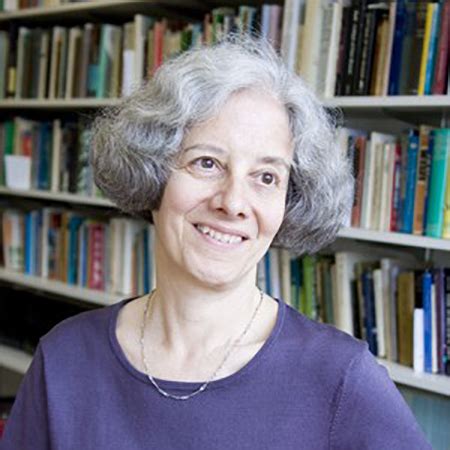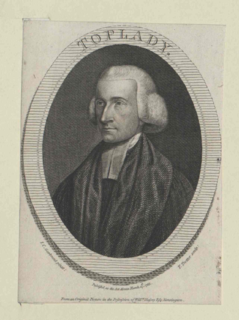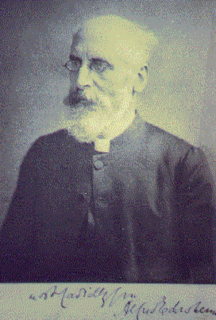A Quote by William Wordsworth
Faith is, necessary to explain anything, and to reconcile the foreknowledge of God with human evil.
Related Quotes
We certainly have to have a view about knowledge in order to decide whether some version of foreknowledge is necessary for inquiry or whether some philosopher or other thinks it is. Roughly, the more demanding our conception of knowledge is, the less plausible foreknowledge is; the weaker our conception of knowledge is, the more plausible foreknowledge is.
It is not easy to explain why God permits evil; but it is impossible for an atheist to explain the existence of goodness. How could a spiritless, soul-less, cross-less, Godless universe become the center of faith, purity, sacrifice, and martyrdom? How can decency be the decent thing if there is no God? Since God is love, why should we be surprised that want of it should end in pain, hate, broken hearts, and war?
A faithful person sees life from the perspective of trust, not fear. Bedrock faith allows me to believe that, despite the chaos of the present moment, God does reign; that regardless of how worthless I may feel, I truly matter to a God of love; that no pain lasts forever and no evil triumphs in the end. Faith sees even the darkest deed of all history, the death of God's Son, as a necessary prelude to the brightest.
I infer that God's decrees, and the necessity of event flowing thence, neither destroy the true free-agency of men, nor render the commission of sin a jot less heinous. They neither force the human will, nor extenuate the evil of human actions. Predestination, foreknowledge, and providence, only secure the event, and render it certainly future, in a way and manner (incomprehensibly indeed by us; but) perfectly consistent with the nature of second causes.
We are compelled by the theory of God's already achieved perfection to make Him a devil as well as a god, because of the existenceof evil. The god of love, if omnipotent and omniscient, must be the god of cancer and epilepsy as well.... Whoever admits that anything living is evil must either believe that God is malignantly capable of creating evil, or else believe that God has made many mistakes in His attempts to make a perfect being.
On the level of the Son there is no answer to the question of good and evil; there is only an incurable separation of the opposites. . . . It seems to me to be the Holy Spirit's task and charge to reconcile and reunite the opposites in the human individual through a special development of the human soul.
We cannot understand the meaning of many trials; God does not explain them. To explain a trial would be to destroy its object, which is that of calling forth simple faith and implicit obedience. If we knew why the Lord sent us this or that trial, it would thereby cease to be a trial either of faith or of patience.
The fundamental idea which defines a human being as a Muslim is the declaration of faith: that there is a creator, whom we call God - or Allah, in Arabic - and that the creator is one and single. And we declare this faith by the declaration of faith, where we... bear witness that there is no God but God.
Because the Christian God is not a lonely God, but rather a communion of three persons, faith leads human beings into the divine communion. One cannot, however, have a self-enclosed communion with the Triune God- a "foursome," as it were-- for the Christian God is not a private deity. Communion with this God is at once also communion with those others who have entrusted themselves in faith to the same God. Hence one and the same act of faith places a person into a new relationship both with God and with all others who stand in communion with God.






































